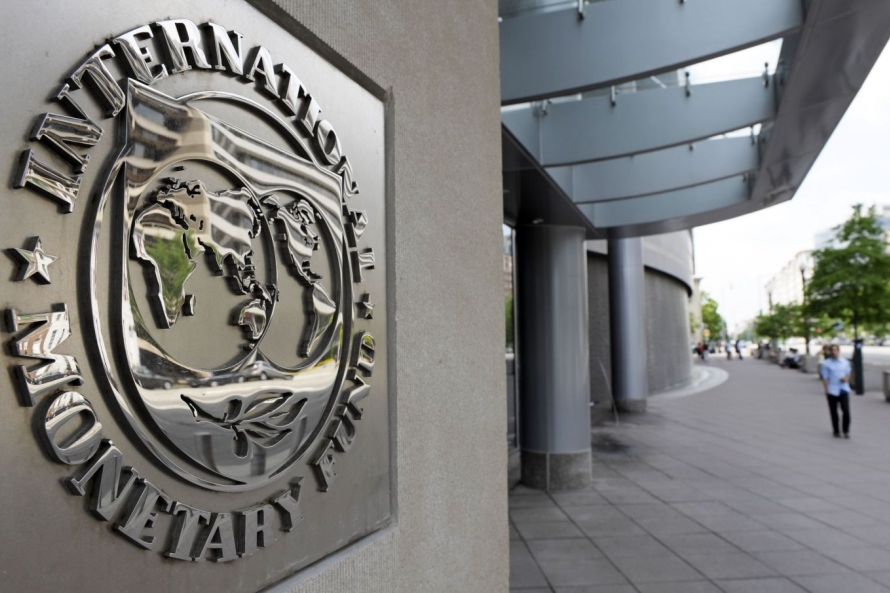The IMF experts looked at the broad channels by which countries in Europe are connected to Russia—their trade, energy, investment, and financial ties.
In their latest official blog post entitled “Europe’s Russian Connections” on iMFdirect, the IMF’s global economy forum on August 1, Aasim Husain, Anna Ilyina and Li Zeng wrote that “Eastern European countries have the closest links with Russia and some of them could be seriously affected by a sharp slowdown of the Russian economy or a ratcheting up of sanctions and countersanctions.”
"For most European countries, Russia is not a major export market. Therefore, slower growth in Russia would probably not hurt them too much. However, for many of Russia’s immediate neighbors such as Belarus, Ukraine, Moldova, and the Baltics, whose exports to Russia exceed 5 percent of their respective GDP, the impact could be substantial.”
In assessing the common risks, the IMF report points out that Latvia is especially vulnerable to the risk of an economic slowdown in Russia’s gas and import-export sectors. In the area of foreign direct investment from Russia the risks are felt yet not deemed to be critical, whereas in the area of direct Latvian investment in Russia the risks are negligible. Such risks are virtually non-existent in Latvia’s banking sector, as well, the report states.
Indeed the three Baltic states face almost equal risks from the possibility of Russian counter-sanctions, with only Estonia slightly less vulnerable than Latvia and Lithuania are to the expected slowdown in Russia’s importing activity. All three are notably dependent on Russia’s gas and export sectors, while their direct investment and banking sectors seem relatively less risk-prone in economic ties to their giant neighboring trading partner to the east.
Latvian state officials have expressed contradictory views on the perceived risks to the national economy of counter-sanctions on Russia's part. Economics Minister Vjacešlavs Dombrovskis warned Thursday of a possible 10% reduction in the GDP, while Foreign Affairs Minister Edgars Rinkevics discounted the idea that sanctions would unequivocally bring painful economic sacrifices. MEP Valdis Dombrovskis warned Friday of likely slowdowns in economic growth, yet his colleague MEP Roberts Zile told LTV news program Panorāma Monday morning that mutual sanctions and counter-sanctions between Latvia and Russia would "not be decisive" to the national economy.






























